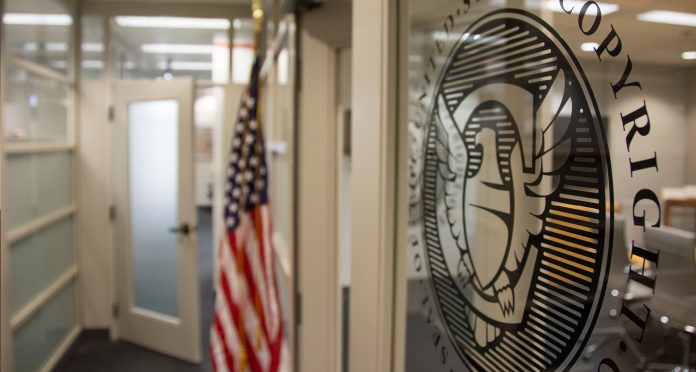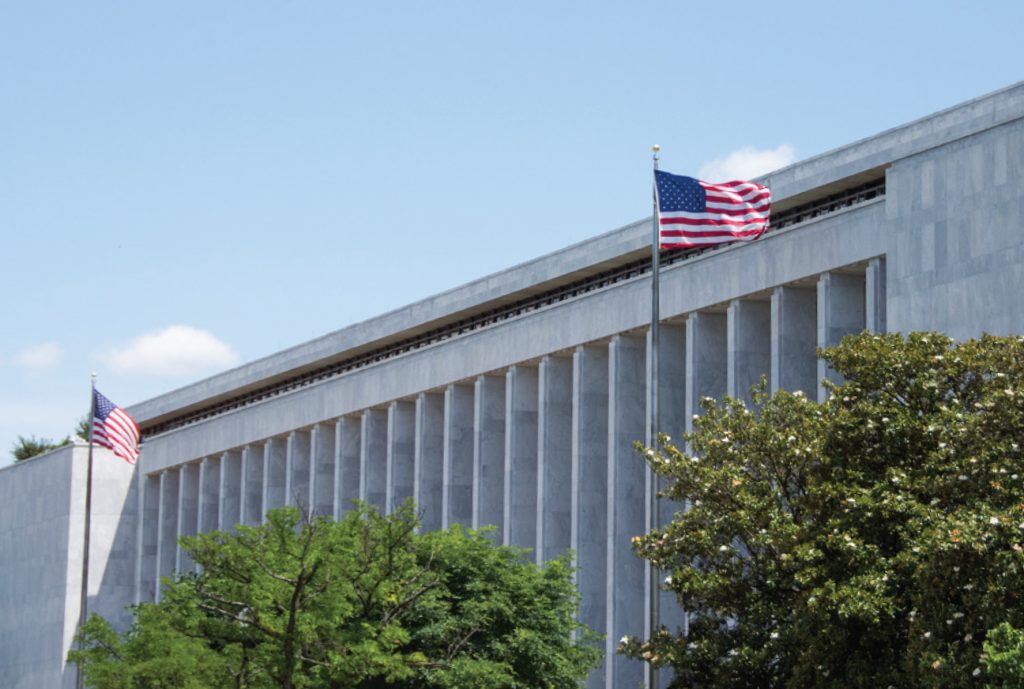
The intersection of Artificial Intelligence and Copyright law has become a focal point of legal and ethical debate. The U.S. Copyright Office, in its ongoing efforts to adapt to the digital age, is now actively soliciting public feedback regarding AI and Copyright. This article delves into the critical aspects of this development, emphasizing the importance of public participation and highlighting recent lawsuits related to Artificial Intelligence and Copyright.
The Copyright Office’s Inquiry
The U.S. Copyright Office’s recent initiative aims to address three fundamental questions:
- Treatment of Copyrighted Data: How should copyrighted data be treated when used to train AI models?
- AI-Generated Material: Should AI-generated material be eligible for Copyright protection?
- Copyright Liability with AI: How should Copyright liability be established when AI is involved in the creation of a work?
These questions underscore the evolving nature of creative content in the era of Artificial Intelligence and its impact on Copyright law.
Public Participation
Public input is a cornerstone of democratic policymaking, and the Copyright Office recognizes this. It has set a timeline for written comments until October 18 and replies until November 15. The surge in AI-generated works, coupled with emerging Copyright challenges, necessitates a robust public discourse. Whether you are a content creator, consumer, or legal expert, your perspective matters.
The surge in AI-generated works has not been without controversy. One notable case is that of comedian and author Sarah Silverman’s lawsuit against OpenAI and Meta. The suit highlights the contentious nature of Artificial Intelligence and Copyright. These lawsuits allege the unauthorized use of copyrighted works for training AI models. Furthermore, they raise profound questions about Copyright enforcement and the ethical implications of AI.
Conclusion
The U.S. Copyright Office’s call for public feedback on Artificial Intelligence and Copyright reflects a growing need to adapt Copyright law to the digital age. The dynamic landscape of AI-generated content and the legal battles surrounding it underscore the urgency of these discussions. As we move forward, it is essential to strike a balance between encouraging innovation and protecting the rights of creators in this transformative era of AI.
If you’re interested in responding to the U.S. Copyright Office’s queries, you can do so, here.
[H/T] – Digital Music News






